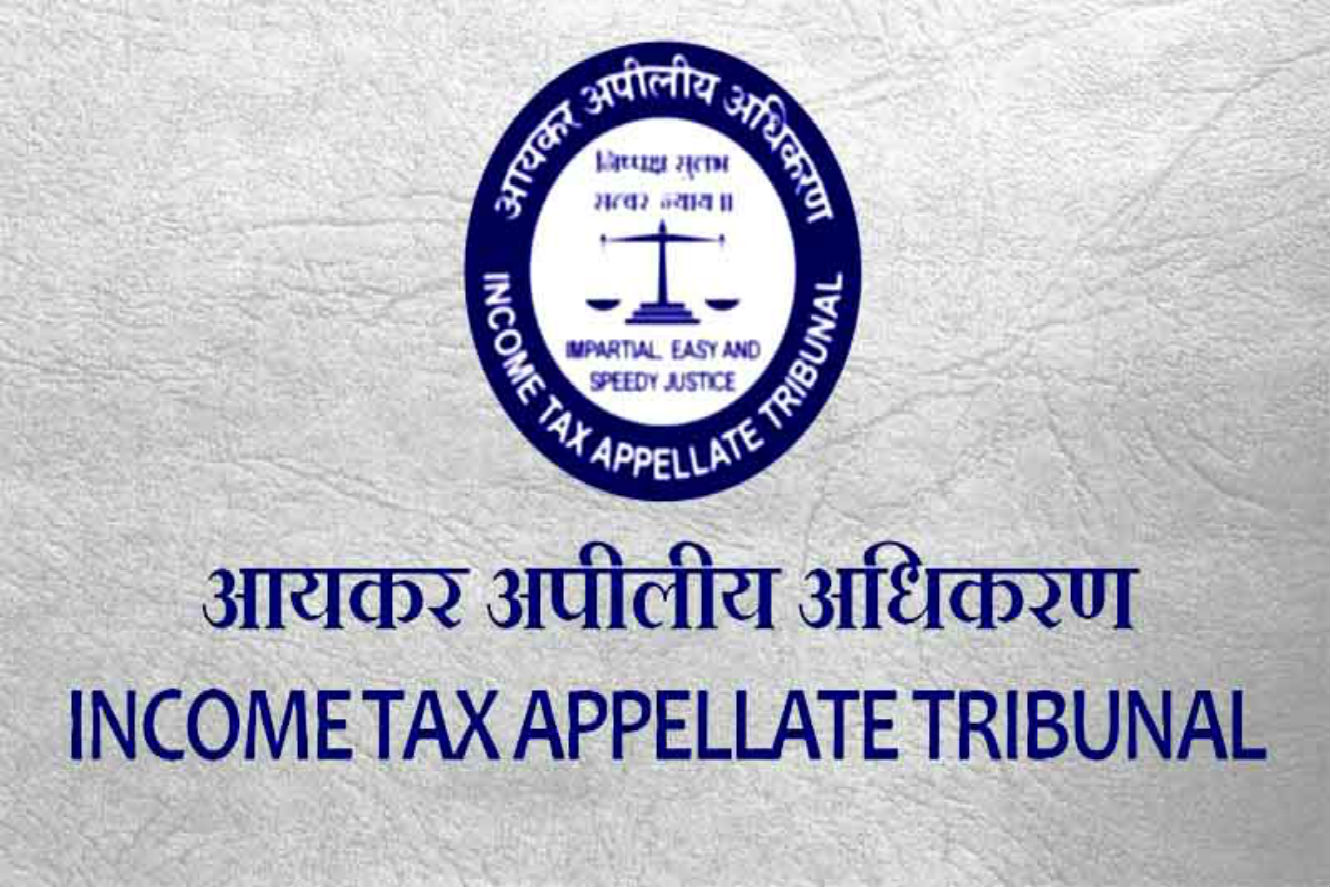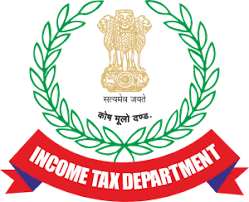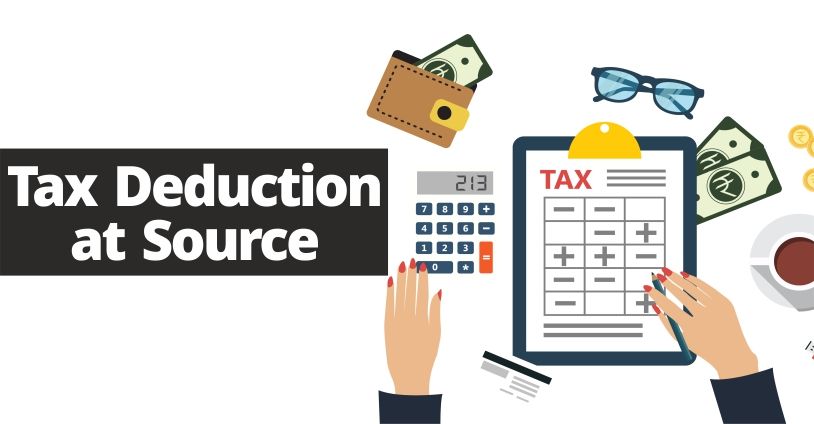The Mumbai Bench of Income Tax Appellate Tribunal (ITAT) in its recent ruling in the case of M/s. Arjun Transport Company Private Limited has held that the CIT(A) cannot enhance taxable income by making disallowance on issues other than covered by limited scrutiny.
Facts of the case:
The case of the assessee M/s. Arjun Transport Company Private Limited was selected under ‘limited scrutiny’ category on the basis of ITS information to examine interest expenses relatable to exempt income under section 14A of the Act. The Assessing Officer during assessment proceedings made limited enquiries in line with the mandate of ‘limited scrutiny’ and made addition accordingly.
In First Appellate proceedings, the CIT(A) made disallowance of interest expenditure Rs.17,34,520/- under section 36(1)(iii) of the Act.
The contention of the assessee is that the CIT(A) has enhanced assessment by invoking provisions of section 36(1)(iii) of the Act, not covered by ‘limited scrutiny’. Accordingly, the assessee has assailed enhancement made by CIT(A) on a new source of income.
Arguments of the Assessee:
The assessee made two fold submissions. Firstly, the CIT(A) after deleting the disallowance of interest expenditure under Rule 8D(2)(ii) invoked the provisions of section 36(1)(iii) of the Act. It was a case of limited scrutiny to examine disallowance of interest expenditure under section 14A of the Act, therefore, the CIT(A) could not have made disallowance under section 36(1)(iii) which was not subject to limited scrutiny. Secondly, the CIT(A) has no jurisdiction to enhance taxable income by discovering a new source of income.
The Assessing officer in limited scrutiny assessment proceedings made addition/disallowance only under section 14A of the Act. The CIT(A) could not have enhanced taxable income of the assessee by making disallowance/addition from a source other than what was the subject matter of assessment.
Arguments of the Revenue:
The Department submitted that the Assessing Officer has made disallowance under section 14A read with Rule 8D in accordance with the provisions of the Act. As regards enhancement made by CIT(A) invoking provisions of section 36(1)(iii) of the Act, the Departmental Representative submitted that the CIT(A) has not made disallowance on new source of income.
Order of ITAT: Deliberation and Ruling
The provisions of Section 251(1)(a) of the Act empowers the CIT(A) in first appellate proceedings to confirm, reduce, enhance or annul the assessment or set aside the assessment and refer the case back to the Assessing Officer for making a fresh assessment. The Hon’ble Apex Court in the case of Jute Corporation of India Ltd. vs. CIT, [supra] has held:
“5. ……….The declaration of law is clear that the power of the AAC is co-terminous with that of the ITO, if that be so, there appears to be no reason as to why the appellate authority cannot modify the assessment order on an additional ground even if not raised before the ITO. No exception could be taken to this view as the Act does not place any restriction or limitation on the exercise of appellate power. Even otherwise an appellate authority while hearing appeal against the order of a
subordinate authority has all the powers which the original authority may have in deciding the question before it subject to the restrictions or limitations, if any, prescribed by the statutory provisions. In the absence of any statutory provision the appellate authority is vested with all the plenary powers which the subordinate authority may have in the matter.”
The Hon’ble Supreme Court of India, thus, in an unambiguous manner held that the powers of CIT(A) are coterminous with that of the Assessing Officer. In other words, what an Assessing Officer can do, a CIT(A) can do and the same applies in the reverse i.e. what an Assessing Officer cannot do, a CIT(A) cannot do. The First Appellate authority has power to enhance assessment u/s 251 of the Act, but such powers of enhancement are not unfettered.
In cases selected under ‘limited scrutiny’, the Assessing Officer cannot exceed the latitude of limited scrutiny unless the scope of scrutiny is expanded or the case is converted from ‘limited scrutiny’ to ‘complete scrutiny’ with the approval of authority, as specified by the CBDT in Instructions No.5 of 2016 dated 14/7/2016. The said Instructions in an explicit manner states that in assessment proceedings the Assessing officer shall confine his enquiries/investigations etc. only to the issue selected under ‘Limited Scrutiny’. It is only after conversion of case to complete scrutiny by following the due procedure, the Assessing Officer can travel beyond the scope of limited scrutiny. The same restrictions apply to the CIT(A) in respect of cases falling under ‘limited scrutiny category’. If the CIT(A) is allowed to make addition on any issue not covered under limited scrutiny, the very purpose of selecting the case under ‘limited scrutiny category’ will be defeated. In the present case, no document has been furnished by the Department/respondent to show that ‘limited security’ was converted to ‘complete scrutiny’. Ergo, the CIT(A) overstepped his jurisdiction in invoking the provisions of section 36(1)(iii) of the Act for making disallowance in First Appellate proceedings in a case selected for ‘limited scrutiny’ to examine disallowance of interest expenditure u/s 14A of the Act.
ITAT noted the decision in the case of Amit Kumar Dey vs. DCIT in ITA No. 5526/Del/2018 for AY 2015-16 from which it is evident that the CIT(A) in the case of limited scrutiny assessments cannot travel beyond the issue, selected under ‘limited scrutiny’.
In view of above deliberations the ITAT while setting aside the impugned order said that the CIT(A) has travelled beyond his jurisdiction to make disallowance on an issue not covered by ‘limited scrutiny’.
READ/ DOWNLOAD ORDER:
***
Follow us for free tax updates : facebook Twitter
Subscribe to our portal and get FREE Tax e-books, quality articles and updates on your e-mail.
Resolve your GST queries from national level experts on GST free of cost.
TW Editorial Team comprises of team of experienced Chartered Accountants and Advocates devoted to spread the knowledge of GST amongst the various stakeholders.




